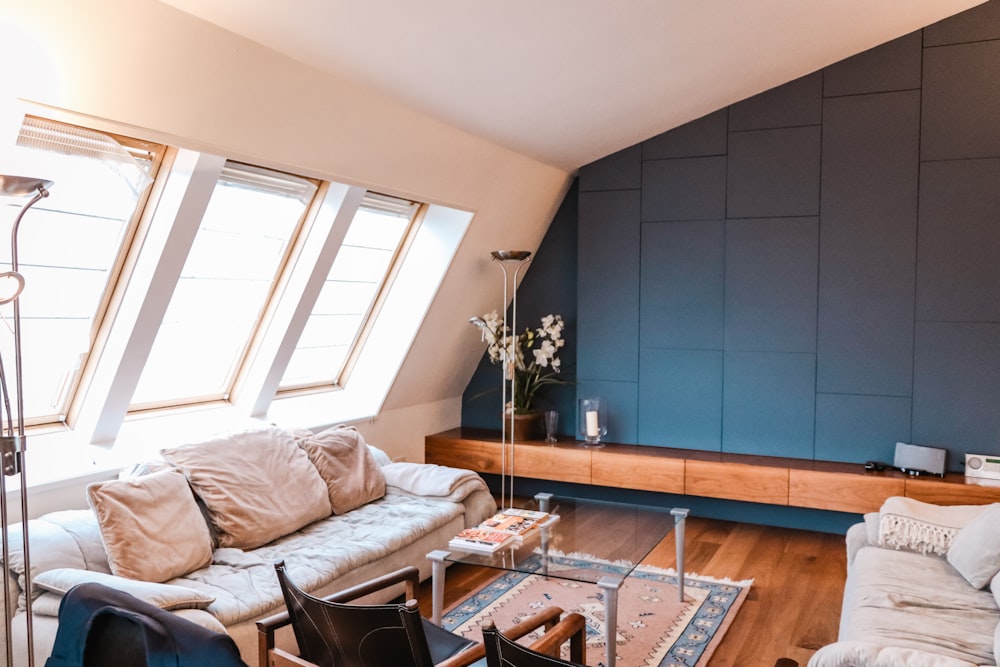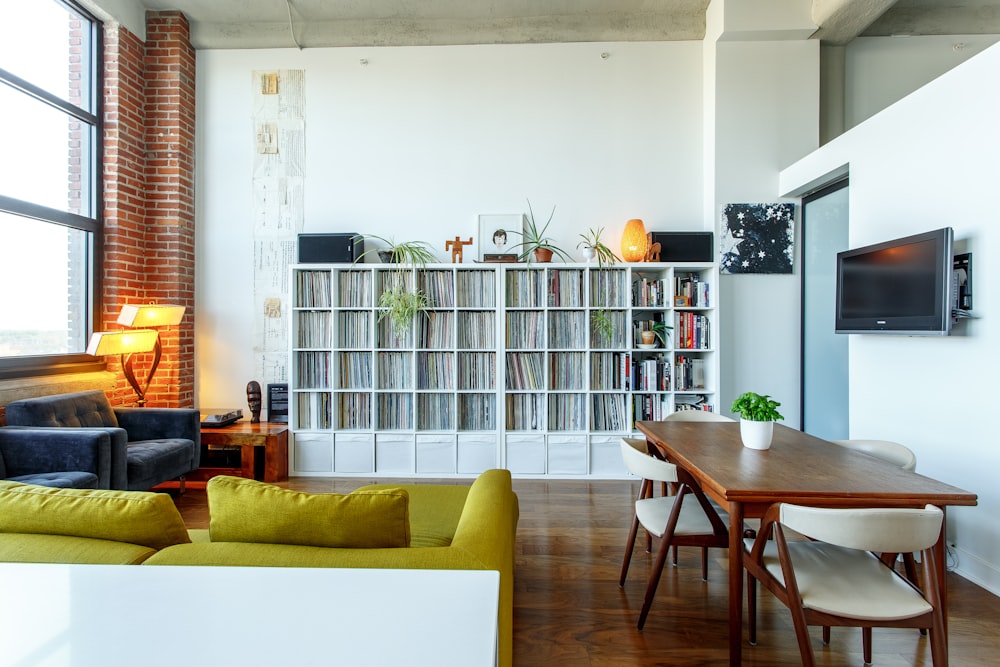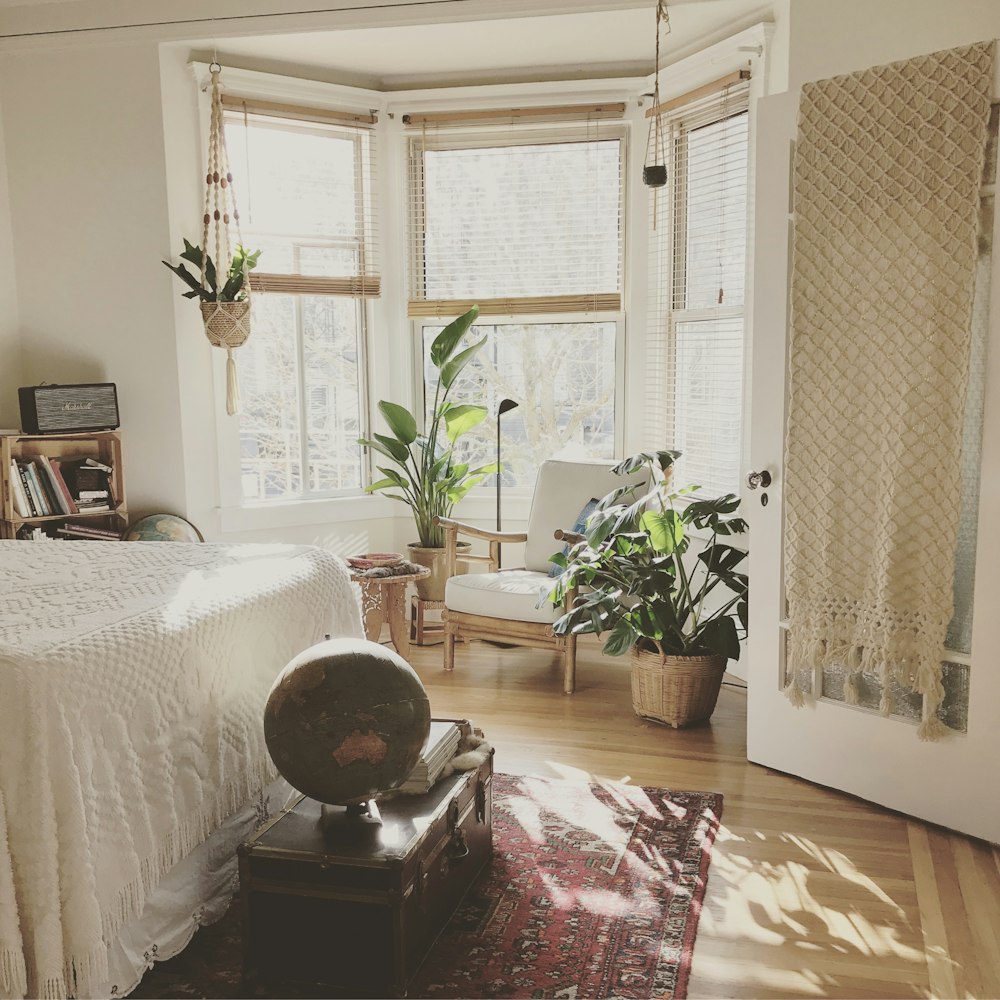Financially Preparing for Your First Apartment
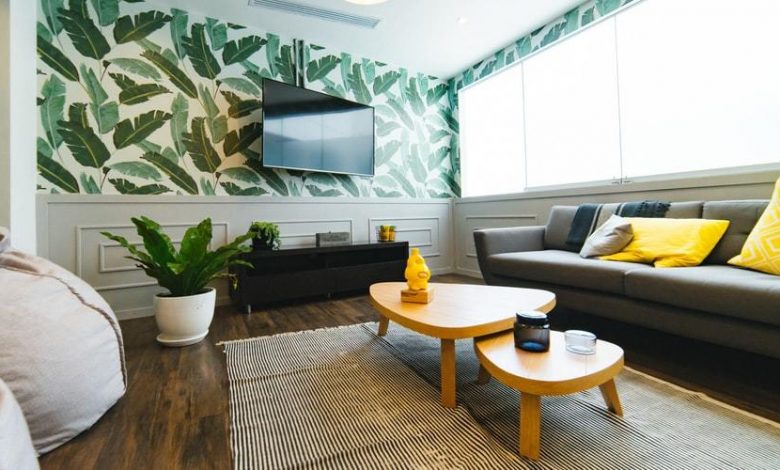
Getting your first apartment is absolutely exciting. It’s a time where you get to envision your fresh start, your decorations and style coming to life, and a sense of freedom. However, it does come with a lot of financial burden. Of course you know that you’re going to have to pay rent, but there are quite a few other expenses you need to prepare yourself for as well.
How much rent can I afford?
Most apartment complexes are looking for you to make about three times the amount of your rent each month. That means if you’re looking at a $1,000 apartment, you need to at least be making $3,000 a month, yet that doesn’t mean that you can ultimately afford it. Be sure to be realistic with your price range, and remember that there are other costs you’ll be paying monthly that you also need to budget for, which can bring down your budget available for actual rent.
What’s included in your rent?
Most apartment complexes do this completely differently. Most will include everything except for electricity and internet/cable. Some complexes won’t include anything with their rent, so be sure to ask detailed questions about what other monthly fees associated with renting the apartment you need to consider. They may also be able to tell you about how much that bill looks like for their residents or in the area. However, more likely than not, you’re going to be paying at least $100 more a month on other necessities on top of your rent each month.
How much is a deposit?
Deposits will range everywhere from nonexistent to two or three times the amount of your rent. This will also change based on your credit and renting history, as you may require more of a deposit because you haven’t shown significant proof that you will pay consistently, can’t prove your income, or a variety of other reasons. Either way, you need to be prepared to pay a deposit when you moved in.
Also included will most likely be an application fee and administrative fee. These can range to the hundreds of dollars as well. Some apartment complexes will run specials, however, that may waive the application fee, deposit, or fees altogether. If you don’t have a lot of savings, you may be motivated to choose an apartment running something like this to make it easier on you to move in.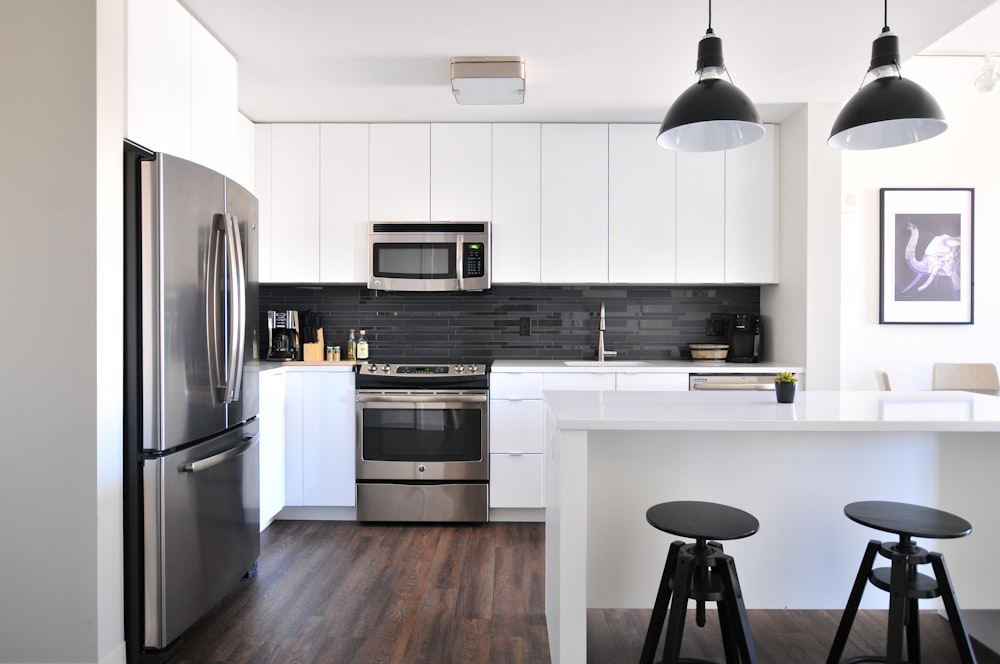
What other costs are there?
There are a variety of other expenses that you need to ensure you can handle when moving into an apartment.
Electricity Deposit
If you don’t have enough credit, you may have to put down a deposit to turn your electricity on. It will usually be a fraction of your estimated annual bill.
Internet Connection Fees
If you need to have anything installed for you to have cable or internet, there’s a good chance that you’ll be charged a connection fee for turning it on and the labor of setting it up.
Furniture
This is going to be one of your biggest expenses. If you don’t think this is something you can’t afford off the bat, consider finding an apartment that comes furnished so you don’t have to worry about this part.
The items you’ll want to have include:
- Mattress and box spring
- Bed frame
- Couch
- Living room chairs
- Side tables
- Coffee table
- TV stand
- TV
- Nightstands
- Desk
- Dining room table and chairs
- Bar stools
- Bookshelves
- Lamps
- Art
If you’re on a budget, your best bet is antique or thrift store shopping, as well as looking online at Craiglist or Facebook Marketplace.
Renter’s Insurance
This usually won’t cost you more than $50 a month, unless you have an expensive policy with lots of items to cover, but it is still something to be prepared for.
Amenities
Sometimes you’ll be able to calculate how much the apartment complex’s amenities will save you. For example, you may be able to cancel your gym membership by just using the gym at your apartment. Some apartments may offer computer labs that are really helpful for college students. Alternatively, you may have a pool to swim in and any other number of resources to access.
Finding an apartment you can afford isn’t as simple as comparing rent prices. Amenities, deposits, fees, utilities, and more are all important factors in your decision on what new home will fit best in your price range.
